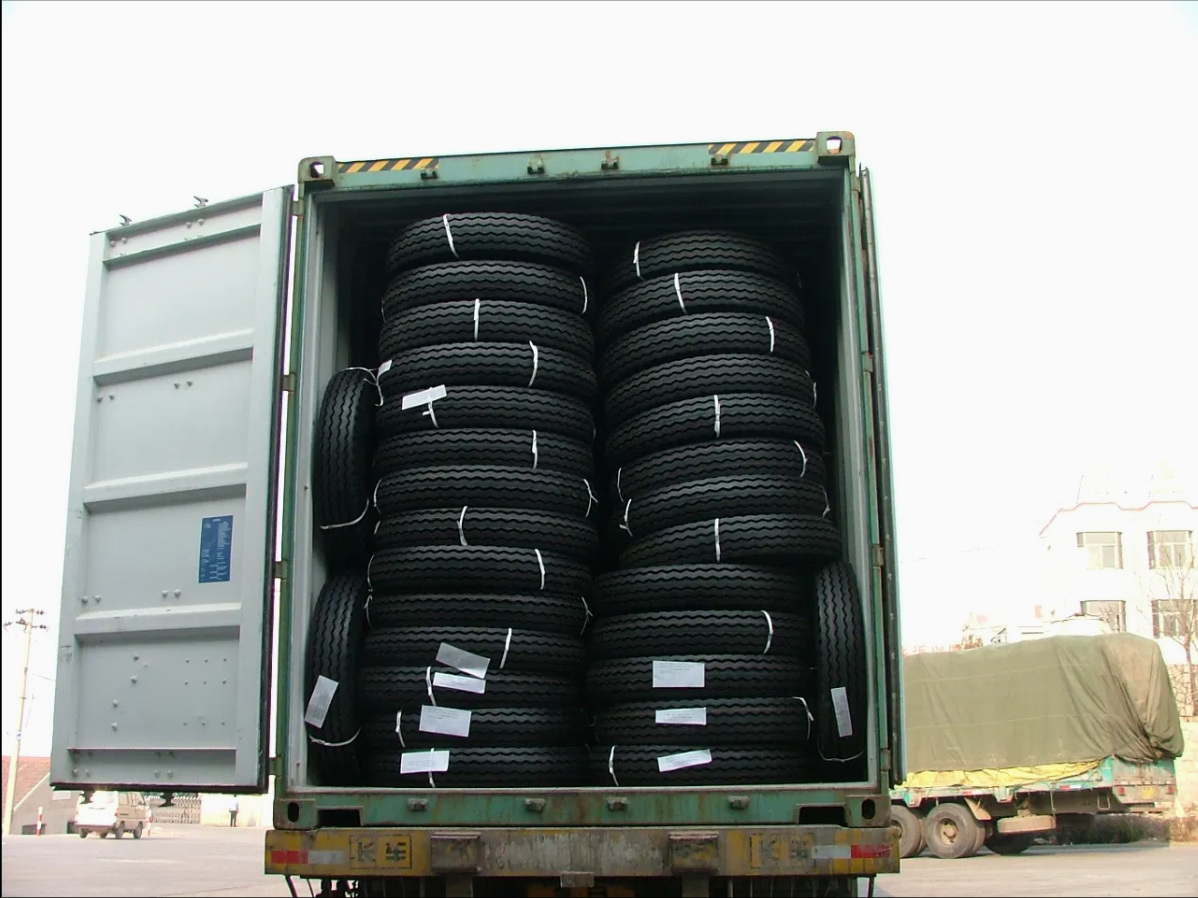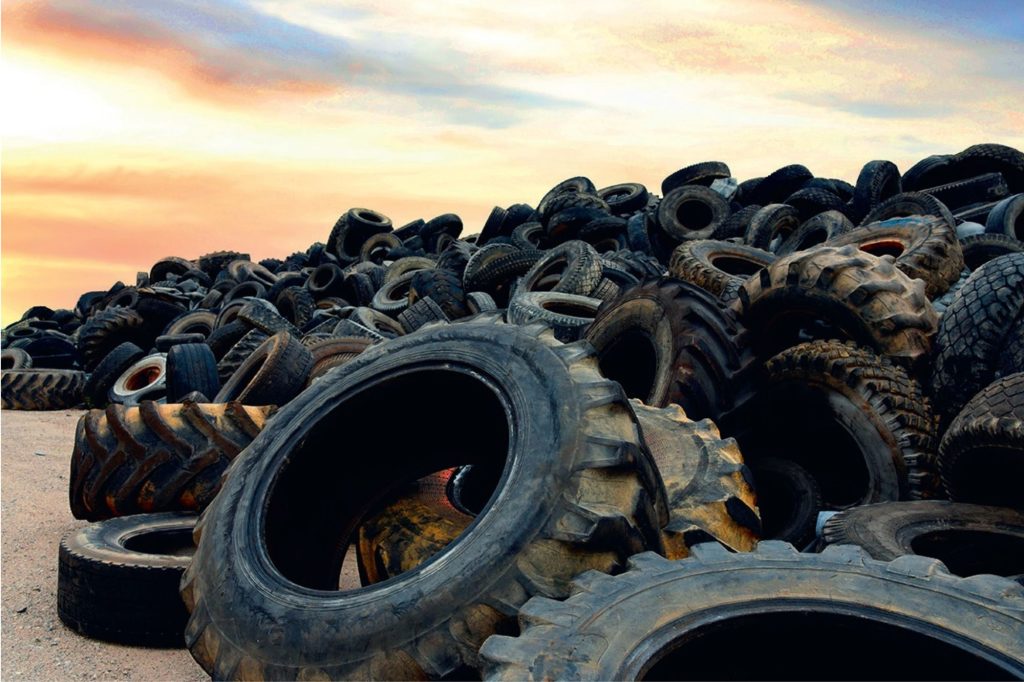The UK has taken new steps to address the growing problem of illegal tyre exports, particularly to India, where the majority of used tyres from Britain are sent. For years, concerns have been raised about the lack of oversight in the tyre export trade, with many shipments ending up in facilities overseas that fail to meet environmental or safety standards.
Recent reviews by the Environment Agency reveal that nearly 87% of the UK’s waste tyre exports are destined for India. While some of these exports are legitimate, a significant proportion bypass proper regulations, contributing to pollution, unsafe working conditions, and the uncontrolled burning of tyres. The situation has long been a point of criticism from both environmental campaigners and industry bodies, who argue that weak enforcement has allowed unscrupulous operators to exploit loopholes.
To tighten control, the UK is making the Annex VII form a mandatory requirement before any exports can leave the country. This measure will make it harder for tyres to be shipped without proper documentation and traceability. Scotland has already introduced this rule, but because of the open border with England, many Scottish tyres were simply rerouted through English ports. With the new rule being applied nationwide, such practices are expected to be curtailed.
Another significant change is the phasing out of the T8 exemption, which previously allowed businesses to handle and export waste tyres under minimal regulation. Authorities now recognise that this exemption played a major role in enabling questionable exports, and its removal is seen as a vital step toward closing regulatory gaps.
The crackdown also highlights that India is not the only destination. Although it remains the largest importer, smaller shipments of UK tyres have been traced to other regions, including Pakistan and parts of Europe. This raises further questions about the global impact of the UK’s waste exports and the need for stronger international cooperation.
By enforcing stricter rules, the UK aims not only to stop illegal exports but also to encourage more sustainable solutions at home. Industry experts suggest that this could lead to increased investment in domestic recycling and recovery facilities, turning waste tyres into valuable resources such as crumb rubber, fuel alternatives, and materials for construction.
The move signals a clear shift in the UK’s approach to waste management—placing responsibility on exporters to prove compliance and ensuring that waste is treated in ways that protect both people and the environment.




